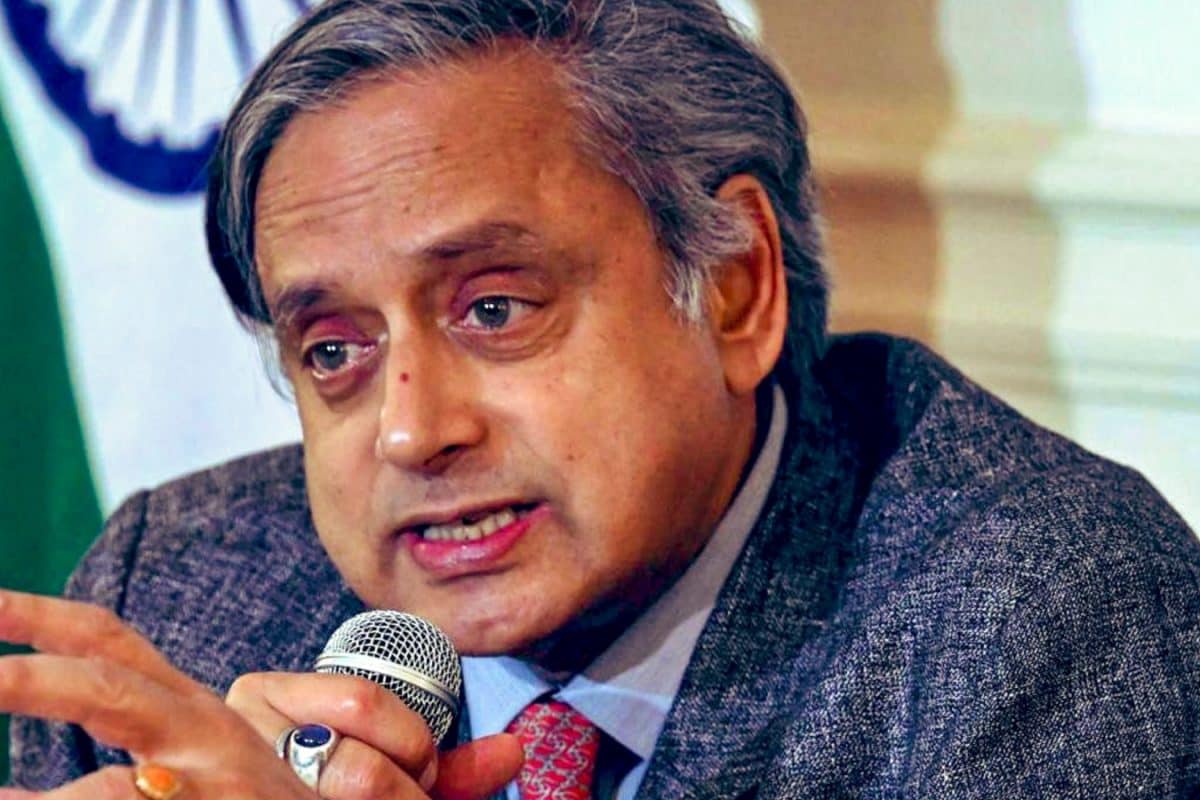

The United States' decision to impose an additional 25% tariff on goods coming from India has sparked considerable debate and concern, with many viewing it as an aggressive move that could strain trade relations. Congress leader Shashi Tharoor has been particularly vocal in his criticism, pointing out what he sees as a "double standard" in the Trump administration's approach.
Tharoor highlighted the apparent inconsistency in the U.S. position, noting that while India is being penalized for purchasing Russian oil, other nations, including China, continue to import significant volumes of Russian energy without facing similar repercussions. He stated that China has even received a 90-day waiver on energy-related restrictions. Tharoor questioned the fairness and intent behind Washington's actions, stating, "Clearly, this has not been a particularly friendly gesture from a country we thought was well disposed towards us, an administration that we thought was well disposed".
The additional tariff, which adds to an existing 25% duty, brings the total tariff on most Indian exports to the U.S. to 50%. Tharoor warned that this could make Indian goods unaffordable for many American consumers. He also pointed out that India's competitors, such as Vietnam, Indonesia, Bangladesh, and Pakistan, often have lower tariff regimes, which could put Indian businesses at a disadvantage. "Then ultimately, people will not be buying goods from us in America if they can buy them cheaper elsewhere. So that's not very good for our exports to America," Tharoor said.
The Indian government has also responded to the increased tariffs, with the Ministry of External Affairs calling the move "unfair, unjustified, and unreasonable". The MEA reiterated that India's imports are based on market factors and are aimed at ensuring the energy security of its 1.4 billion people. The ministry added, "It is therefore extremely unfortunate that the U.S. should choose to impose additional tariffs on India for actions that several other countries are also taking in their own national interest". The MEA further stated that India would take all necessary actions to protect its national interests.
The Federation of Indian Export Organisations (FIEO) has described the 50% tariff as "extremely shocking," anticipating a major blow to exporters. Sectors like textiles, marine products, and leather, many of which are led by MSMEs, are expected to be hit the hardest.
Tharoor suggested that India may need to consider retaliatory trade measures and explore diversifying its export markets. "There is certainly a likelihood that there will be some pressure within India now to impose comparable reciprocal tariffs on American exports," he said. He emphasized the importance of strengthening trade ties with other significant economies and blocs, such as the European Union, the United Kingdom, Japan, ASEAN, and partners in the Global South.
The situation has led to broader discussions about the nature of international relations and the use of economic leverage as a tool for geopolitical alignment. Some analysts believe that Trump's actions reflect a transactional worldview, where trade deficits are seen as personal affronts and strategic autonomy is viewed with suspicion.
Shashi Tharoor has previously commented on Trump's approach to India, suggesting that while Trump's statements should not always be taken literally, they must be taken seriously. He noted that Trump's decisions can have a significant impact on policies and affect India.
The imposition of additional tariffs and the reactions from both India and the U.S. highlight the complexities and challenges in their trade relationship. The coming weeks will be crucial in determining how both countries navigate this situation and what measures they take to protect their respective interests.